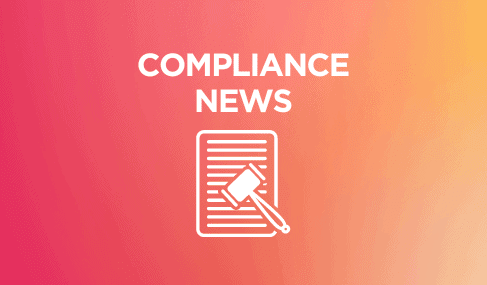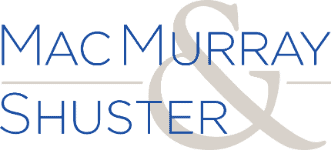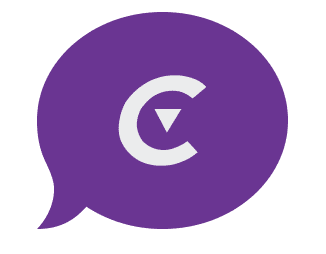
We aim to highlight the importance of due diligence in lead campaigns and to keep our customers and industry associates up-to-date with the compliance news reported for our industry. This article from MacMurray & Shuster LLP is reprinted here for our readers.

New Anti-Robocall Bill Targets TCPA’S ATDS Definition
By Aaron Parry
On Monday, January 29th, U.S. Representative Frank Pallone (D-NJ) introduced the “Do Not Disturb Act,” a bill that would strengthen the FTC’s and FCC’s robocall enforcement regime.
Most notably, the bill would replace the TCPA’s definition of an “automatic telephone dialing system” (ATDS) with a new term, “robocall,” defined to include calls made and text messages sent (1) using equipment that makes calls or sends text messages without substantial human intervention to stored telephone numbers or telephone numbers generated by a random or sequential number generator, or (2) using an artificial or prerecorded voice or an artificially generated message.
This new robocall definition would likely sweep in calls or texts to a predetermined list using automated technology and is much broader than the ATDS definition from the Facebook, Inc. v. Duguid case in which the Supreme Court held that to qualify as an ATDS, the device must have the capacity either to store a telephone number using a random or sequential number generator (and dial them), or to produce a telephone number using a random or sequential number generator (and dial them). If this bill is passed, lengthy disputes over what “substantial” human intervention means are almost certain to follow. The old “human intervention test,” which courts used to analyze (albeit inconsistently) the extent of human involvement in utilizing dialing equipment, may also resurface.
Other key provisions of the Do Not Disturb Act (DNDA) include:
- Call time restrictions: the call time restrictions under the Telemarketing Sales Rule (TSR) would be amended to only allow telemarketing calls from 9:00am to 5:00pm, a drastic change from the current time restrictions (8:00am to 9:00pm).
- Inbound call regulations: the FTC would be required to revise the TSR to prohibit deceptive or abusive telemarketing acts or practices for inbound calls.
- Required disclosures for robocalls using AI: a person making a robocall using AI to emulate a human being would be required to disclose at the beginning of the call or text message the fact that artificial intelligence is being used.
- Revised “telephone solicitation” definition: the TCPA’s definition of “telephone solicitation,” which means calls or messages transmitted to encourage the purchase of property, goods, or services would be amended to also include calls or text messages transmitted for the purpose of deception, fraud, or wrongfully obtaining anything of value.
- Enhanced penalties for AI voice or text message impersonation: a forfeiture penalty or criminal fine for violations of the TCPA and civil penalties for violations of the TSR would be doubled where artificial intelligence is used to impersonate an individual or entity with the intent to defraud, cause harm, or wrongfully obtain anything of value.
- Top 100 illegal robocall campaigns: the FCC would be required to track the top 100 illegal or suspected-to-be illegal robocall campaigns and make such data available to the public.
- Text message authentication and trace back framework: the FCC would be required to study the feasibility of creating a text message authentication and trace back framework for enforcement of robocall violations. The FCC would need to report findings from the study to Congress within 18 months after the DNDA is enacted.
State and federal legislators and regulators continue to explore means to curb robocalls and AI-generated deepfakes. The DNDA may be one path legislators believe will stop menacing robocalls. Representative Pallone is no stranger to telemarketing oversight; he is ranking member of the House Energy and Commerce Committee (which oversees the FTC and FCC) and was the co-sponsor of the TRACED Act that became law in 2019.
Get a recap of the latest contact center compliance news delivered monthly to your inbox. Subscribe here>
DISCLAIMER: The information on this page and related links is provided for general education purposes only and is not legal advice. Convoso does not guarantee the accuracy or appropriateness of this information to your situation. You are solely responsible for using Convoso’s services in a legally compliant way and should consult your legal counsel for compliance advice. Any quotes are solely the views of the quoted person and do not necessarily reflect the views or opinions of Convoso.
